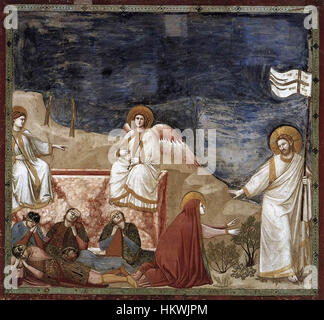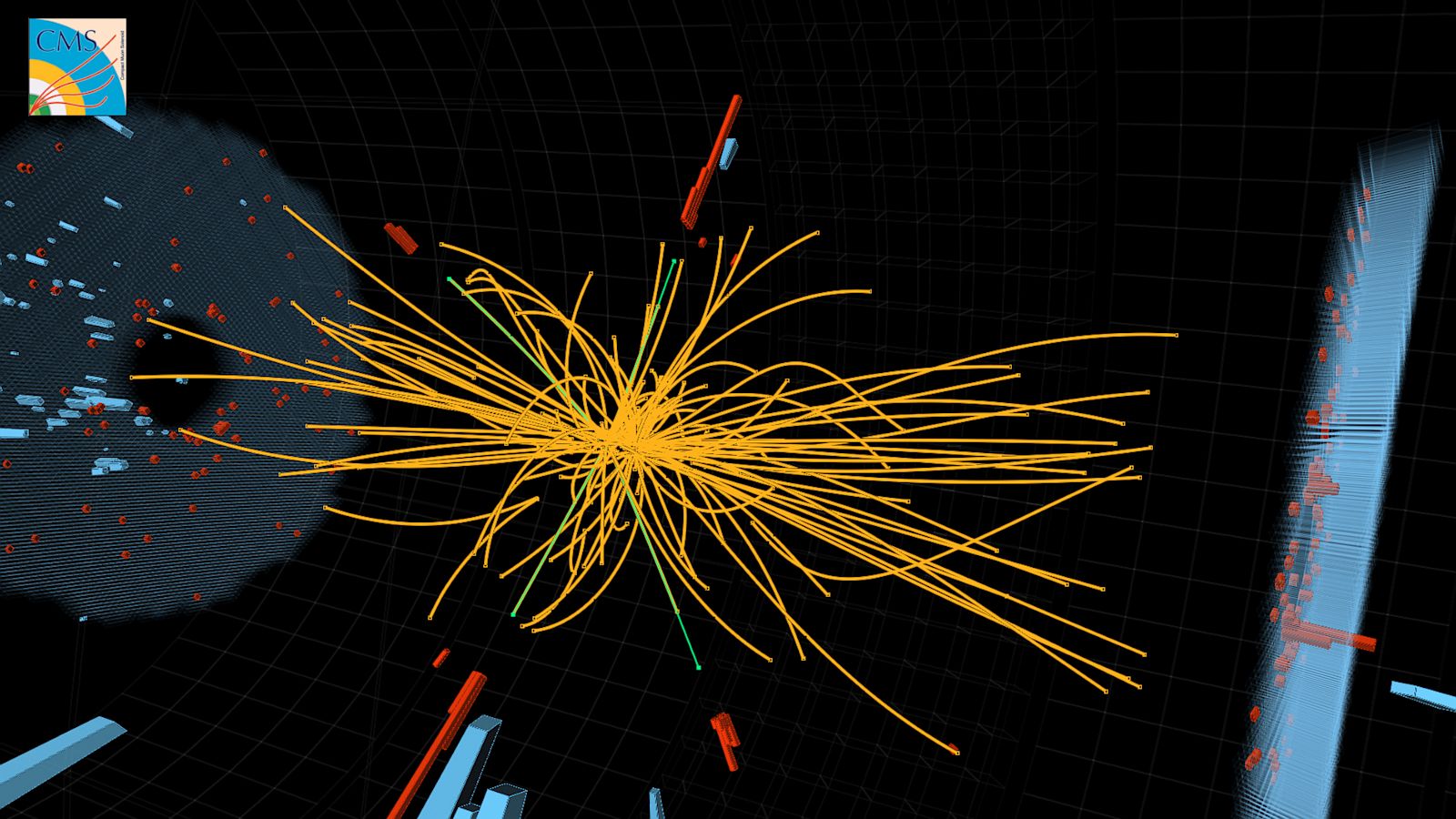
Richard Carrier wants us to think the matters written about in the four Gospels are fictional and therefore did not happen. What he is really saying is this: The Gospel writers do not write like modern historians, nor do they write like ancient elite patricians. Since those are the only two groups blessed as academic historians what the gospel writers write is not history, if it is not history then it is a lie. There's another obvious possibility that he's merely pretending doesn't exist but obviously it does. That is partially literate people who were not historians but who nevertheless wrote about true events. He wants us to forget that possibility and to think it is not possible.I will present a few off-the-cuff realizations that occurred to me while listening to his lecture, "Why the Gospels are Myth" [1]
The first thing to note is his use of language. It is designed to divert and conceal. When he uses the term"myth" he means fiction, He's not using the term in the sense I am when I say "the OT uses mythology to push the narrative along," For me mythology is what Joseph Campbell is talking about, the manipulation of symbol to evoke psychological truth. For Carrier "myth" means: "lie." Myth = lie. The real important move here is that "not historical" = myth = lie, He trades on the Campbell sense of myth to make that maneuver, but his final assumption is the crude version of myth which is the old antiquated version. So the fact that these authors are not writing like historians means they are not writing history so they write myth, (lie). All of this is based upon ignoring the obvious, they they were not well educated but were truth tellers.[2]
Carrier defines myth as fiction designed to teach us something. That's a very inadequate definition, It is totally ignorant. It ignores the psychological aspects of myth, Of course he doesn't care he's using the term as a pejorative. The gospels are unique, They are not history per se, They are not written as historical accounts, they are distillation of the teachings in the early Christian communities, the oral tradition. That is not to say they don't depict historical events, but they depict them in such a way as to be analogous to a histrionically based docudrama.
I am guessing here his response to me would probably be that the Gospel authors write like fiction writers of the day. They seem like skilled fiction writers so they weren't just less literate they were highly skilled. One example which he really gives of them writing this way is their filling in gaps in knowledge about dialogue and time. They do this by writing as though everything took place as in a little documentary,[3] Again he's just predicating that upon the assumption that non historian means fiction. Clearly they filled in gaps with poetic licence because they did not have access to transcripts. That does not invalidate the outline as non historical.
Carrier points out that the Gospel writers do not name their sources. This marks them as not historical. It marks them as not historians although even historians of the ancient world did not always name their sources, They did not footnote them. Carrier argues that they don't discuss who the sources were why they trust them, as do historians even in that day. Again all this really means is they are not historians. But not being historians does not equal not being historically true. They don't mark their sources the way conventional historians do because they are distilling the teachings of the communities in whch the testimony was taught. All the Gospel sources go back to the Apostles and whatever witnesses were in that community. There is no point in continually pointing this out when the community knew its sources. That does not mark it as fictional writing.
Another point he makes is that the Gospels are improbable. He lists several earmarks of improbability:
*apostles abandon jobs follow stranger immediately
*Jews need Judas to identify Jesus
*illegal trail execution on high holy day
*Of he off hands supernatural stuff, always important for stoking doubt.
my answers:
*apostles
abandon jobs follow stranger immediately The authors weren't there when Jesus' first disciples joined him. The descriptions they gave of those events probably made it sound like they followed him immediately. It probably wasn't considered an important point. They probably considered it literary licence.
*Jews need Judas to identify Jesus
The Jews may have needed someone to be sure they had the actual man, With no mass media, no photographs they only had eye witnesses to be sure. Had they only seen him from a distance with a lot people around him they might not have really been certain it was him. I think the real issue is they needed an insider to tell them where he would be at a given time. Otherwise the people have protected him in public.
He says Gospels don't express any incredulity at amazing things like historians do when they tell amazing things. Could that be because the Gospels are merely the writing down of the testimony given the communities, Thus they assumed up front it would be amazing, it was assumed up front it was the testimony of the Apostles.
Carrier lists "Markers of myth"
*meaningful emulation of prior myths
*historical improbabilities are frequent
*no external corroboration[4]
At this point he's describing the Gospels and using that as myth-like writing so it's rather circular in reasoning. He might as well say the first criterion for spotting myth is that it is a Gospel. No external history corroborates the myth. No external sources to corroborate gospels other than his death, No source on any other events.[5] The point that no external sources corroborate the events other than his death is really a misleading argument.
First,he wants to treat the four Gospels as though they all came out together published by Zondervon, in 99AD. There were written Gospels before the four canonical. They go back to around AD 50 (?). The four canonicals are corroborating each other. Three latter corroborate Mark,and Mark and Matt corroborate an earlier group of writings we no longer have.[6]
There are Talmudic references that are connected to Jesus' death but Carrier wanted to exempt that because apart from the death noting is corroborated. The problem they do corroborate things other then the death but in connection with the death because that's what drew attention to Jesus beyond his own continuities. Skeptic Peter Kirby (a talented armature): "This is the Jewish tradition regarding the trial of Jesus, found in the Babylonian Talmud, b. Sanh. 43a. While this text was finalized sometime in the fifth or sixth century, by its nature it incorporates many traditions that are very old, as it collects and quotes traditional commentary of the rabbis."[7]
We see more of this:
Origen quoting Celsus:
Jesus had come from a village in Judea, and was the son of a poor Jewess who gained her living by the work of her own hands. His mother had been turned out of doors by her husband, who was a carpenter by trade, on being convicted of adultery [with a soldier named Panthéra (i.32)]. Being thus driven away by her husband, and wandering about in disgrace, she gave birth to Jesus, a bastard. Jesus, on account of his poverty, was hired out to go to Egypt. While there he acquired certain (magical) powers which Egyptians pride themselves on possessing. He returned home highly elated at possessing these powers, and on the strength of them gave himself out to be a god." [8]
This quote is propaganda. Yet when we find overlap with the gospels we can see there is a historical corroboration:
village in Judea
Father was carpenter
Allusion to V birth
Jesus went to Egypt
Identified himself with God
further computational from my own Taplmudic studies;
It seems pretty obvious that the Talmud is discussing Jesus, at least in some instances. That in itself should be enough given the preponderance of evidence to put to rest Jesus mythism. A summary of what the most likely passages say about the one I take to be Jesus of Nazareth makes this clear:
*He was born under unusual circumstances, leading some rabbis to address him as ben Pandira and " a bastard of an adulteress
*mother Mary was Heli's daughter.
*was crucified on the eve of Passover.
* made himself alive by the name of God.
* was a son of a woman. (cf. Galatians 4:4)
* claimed to be God, the son of God, the son of man.
* ascended and claimed that he would return again.
* was near to the kingdom and near to kingship.
* had at least five disciples.
* performed miracles, i.e. practiced "sorcery".
* name has healing power.
*teaching impressed one rabbi
There are lots of sources of Talmudic corroboration, be sure and check out my pages on the mater. [9] Even more impressive are the non canonical Gospels. scholars now have copies of 19 gospels (either complete, in fragments or in quotations), written in the first and second centuries A.D— nine of which were discovered in the 20th century. Two more are preserved, in part, in other writings, and we know the names of several others, but do not have copies of them. Clearly, Luke was not exaggerating when he wrote in his opening verse: "Many undertook to compile narratives [about Jesus]" (Luke 1:1). Every one of these gospels was deemed true and sacred by at least some early Christians.,,Some non canonical gospels are dated roughly to the same period, and the canonical gospels and other early Christian accounts appear to rely on earlier reports.[10]
Carrier ignores the fact of this corroboration, no doubt on the premise that being Christian it is just more of the same, repetition of the same myth, it follows an independent tradition from the Markan redaction, thus making it independent corroboration, The unknown Gospel of Egerton 2 was discovered in Egypt in 1935 exiting in two different manuscripts. The original editors found that the handwriting was that of a type from the late first early second century. In 1946 Goro Mayeda published a dissertation which argues for the independence of the readings from the canonical tradition. This has been debated since then and continues to be debated. Recently John B. Daniels in his Clairmont Dissertation argued for the independence of the readings from canonical sources.[11] Daniels states "Egerton's Account of Jesus healing the leaper Plausibly represents a separate tradition which did not undergo Markan redaction...Compositional choices suggest that...[the author] did not make use of the Gospel of John in canonical form." (Daniels, abstract).[12]
These are corroborating versions because they show different traditions not connected to the canonicals nevertheless with the same material thus supporting the canonical events.
Notes
[1]Richard Carrier, "Why the Gospels are Myth" video YouTube (Nov 27, 2017)) https://www.youtube.com/watch?v=bQmMFQzrEsc
[2]Ibid.530
[3] Ibid, frame 620
[4] Ibid, frames 640-748
[5]Ibid frame 813
[6] Helmut Koester, Ancient Christian Gospels: Their History and Development, London. Oxford, New York: Bloomsbury T&T Clark; 2nd prt. edition, 1992, 215-218
[7] Hinman,:"Peter Kirby's Straw man "Best Case for Jesus:" Talmudic Evidence." religious a priori website http://religiousapriori.blogspot.com/2016/04/peter-kirbys-straw-man-best-case-for.html
[8]Origen quoting Celsus, On the True Doctrine, translated by R. Joseph Hoffman, Oxford University Press, 1987, 59
[9] Hinman, "Talmud Connection to Jesus (part 1)" The Religious a priori website (2012) http://religiousapriorijesus-bible.blogspot.com/2016/06/talmud-connection-to-jesus-part-1.html
[10] Charles W. Hendrick, quoted in Bible Review, (June 2002), 20-31; 46-47
[11] John B. Daniels, The Egerton Gospel: It's place in Early Christianity, Dissertation Clairmont, CA 1990. Cited in Helmutt Koester, History and Literature of Early Christianity,second Edition, New York, Berlin: Walter D. Gruyter, 186.
This is from a dissertation cited by major scholar Helmutt KIoester., so apparently Daniels did good work as a graduate student, Koester is New Testamemt Studies at Harvard.
[12] Ibid.
By Joseph Hinman (Metacrock) - January 19, 2020



